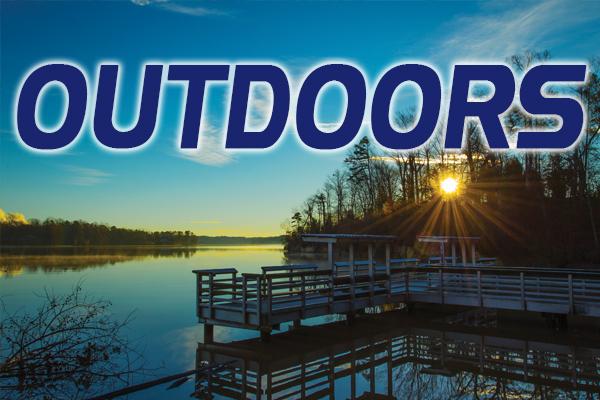By Vicki Browne
Iron County Lakes & Streams Partnership
Not every lake has a name. A 2016 study by Patricia Soranno in the Department of Fisheries and Wildlife at Michigan State University revealed that of the 470,000 U.S. lakes that are over 2.5 acres in size, 83% are unnamed. Most of the anonymous lakes are under 10 acres, but this means there are lots of little lakes in need of names.
Soranno’s study took a deep dive into the popular and creative names given to the lakes that are named. In the U.S. the most frequently occurring name is Mud Lake. Rounding out the top five are Long, Twin, Horseshoe and Round.
An article from March 2022 by Lauren Gordon at WKFR.com found that in Michigan the most frequently occuring name is Long Lake. Rounding out Gordon’s top five are Indian, Silver, Mud and Crooked. Iron County has one of each, except for Crooked.
Soranno also noted that not all lake names contain the word ‘lake’. Sixteen percent use ‘pond’ and 11% use ‘reservoir’. Iron County has Peavy Pond and the Michigamme Reservoir.
Many of the most commonly occurring lake names use descriptive words with ‘little’ ‘black’ and ‘clear’ as the most frequent. The most popular animals or trees used to name a lake include ‘bear’, ‘pine’, ‘goose’ and ‘bass’. ‘Mary’ is by far the most popular woman’s name and ‘Tom’ edges out ‘John’ for men’s names.
Many lakes were originally named by Native Americans, which influenced the names given by settlers. In Iron County, Chicaugon Lake was originally called ‘Gaa-namegosikaag’ which means ‘place of lake trout’. The name Chicaugon/Chicagon is a “corrupted form of the Ojibwe word Gichi-zaaga’igan, meaning the big lake,” according to the online Historical Marker Database. The Ojibwe word ‘michigamma’ means ‘great water’ and evolved into Michigamme and also Michigan. Lake Ottawa comes from the Algonquin language — ’adawe’ means ‘to trade’
Lake Ottawa brings to mind another aspect of lake names, whether the word ‘lake’ comes first or last. A study in 2016 by Beatrix Beisner and Cayelan Carey, revealed that the word ‘lake’ is more frequently the second part of a lake’s name. ‘Lake’ only comes first 20% of the time in the U.S.
In Iron County less than 10% have ‘lake’ first. The website goingoutside.com shows 14 lake-first names. Elizabeth, Ellen, Emily, Mary, Sainte Kathryn, and Wallace are named for people. Nine, Fifteen, Sixteen, Twenty-two and Thirty-two contain numbers. Ottawa, Mitigwaki and IHM complete their list.
One possible reason why ‘lake’ might appear first is that the name’s origin is from a language where it is common to put the descriptor after the noun. Lake Superior and Lake Charlevoix are examples of this since their origins are French.
Given that settlers who came to Iron County included Italians, Poles, Scots, Welsh and Irish whose native languages all put adjectives after nouns, we might expect more lake-first names. Perhaps it’s the Swedes, Finns and Croatians who did more lake-naming here since their languages put adjectives before nouns?
Another possibility is that large lakes have ‘lake’ preceding the name, like Lake Michigan. This supposition holds for the Great Lakes, but the largest inland lakes in Michigan and Iron County do not support this. Think of Higgins Lake, Houghton Lake, Chicaugon Lake and Perch Lake.
It is often the simplest explanation that makes the most sense. English grammar dictates that an adjective precedes a noun. This means when a lake is named by something that describes it, the description will come first. Examples of this include Smoky Lake, Buck Lake and Iron Lake.
A CBS article out of Minnesota added that we don’t like apostrophes in the names of lakes. This might explain why many of the lakes named for people are lake-first: Mary’s Lake becomes Lake Mary.
There are a few unnamed lakes in Iron County. Repeatedly zooming in on a map of the county on the computer doesn’t populate a name for every lake. If you are considering naming a little lake, the first step would be to connect with Timothy Lauxmann who is the Michigan State Name Authority at lauxmannt@michigan.gov.
Ever wonder about lake names?
Image
Body


